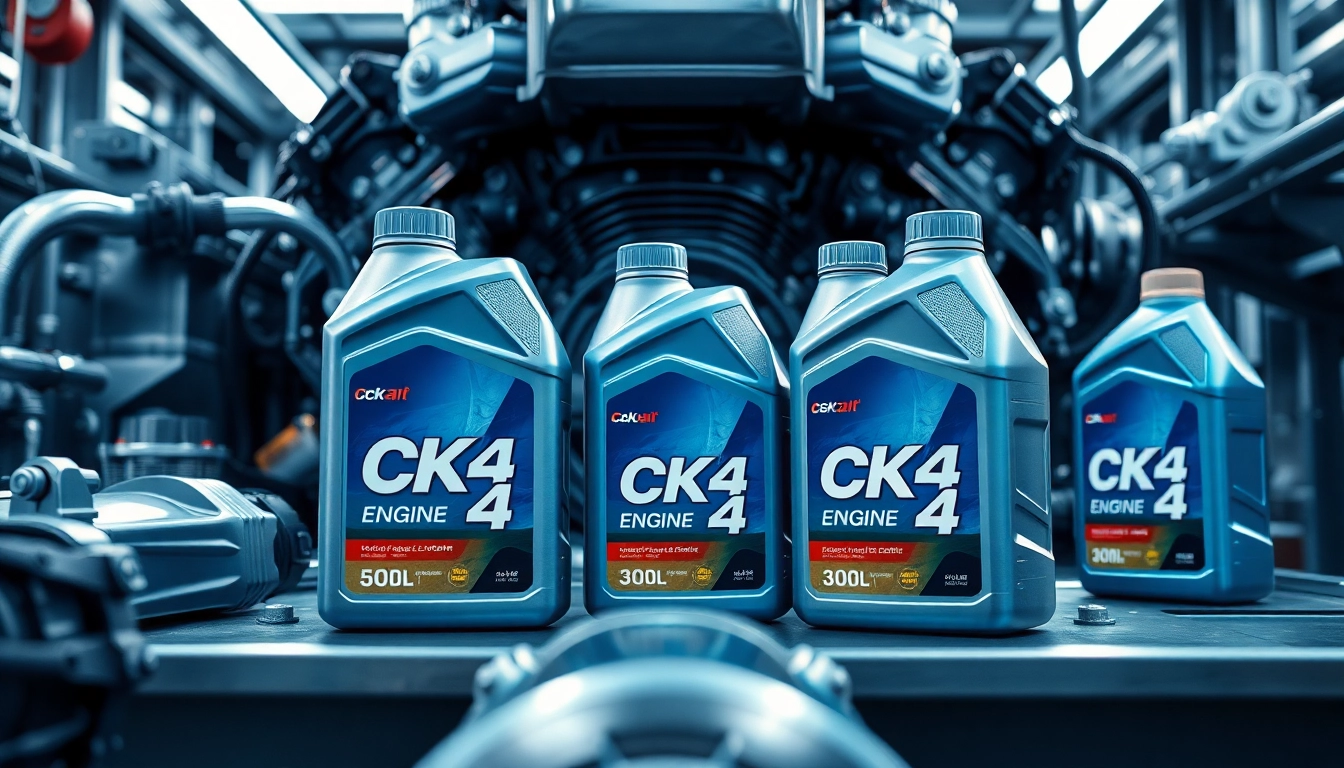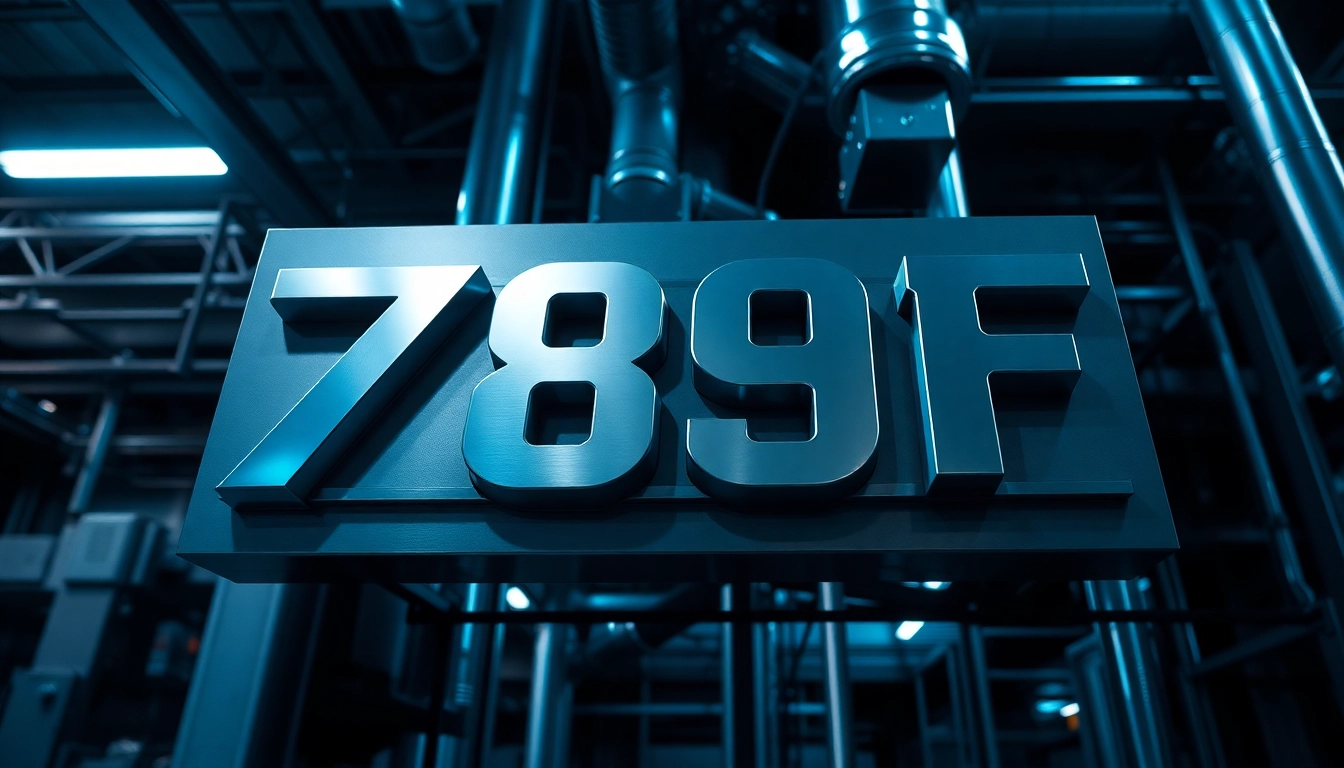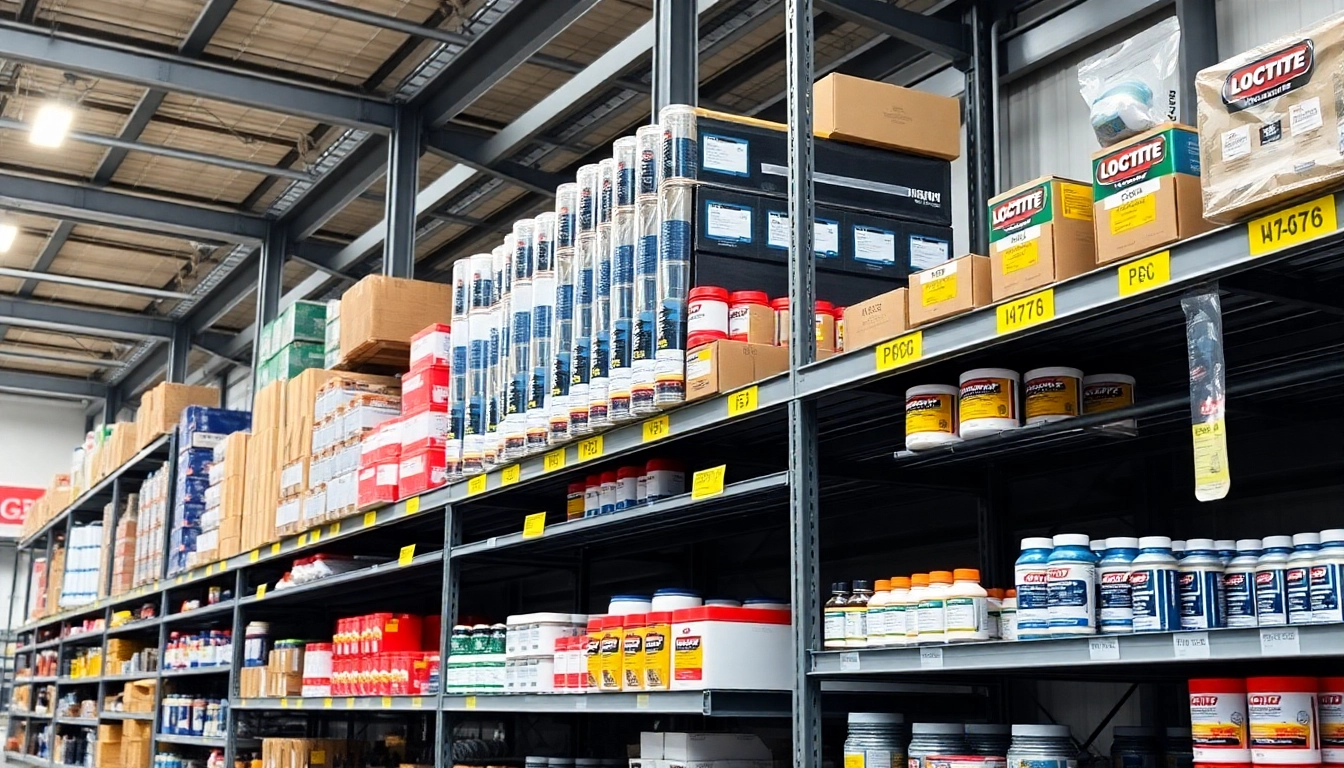Unlocking Efficiency and Success in Construction Projects with Equipment Rental
In the fast-paced world of construction, efficiency, cost management, and project integrity are paramount. Whether you’re managing a small renovation or a large-scale infrastructure project, having access to the right equipment is crucial. The landscape of construction equipment procurement has shifted significantly in recent years, with an increasing number of companies turning to construction equipment rental solutions. This approach offers numerous benefits—from financial savings to access to cutting-edge technology—making it a strategic choice for contractors and project managers across the UK.
This comprehensive guide explores the multifaceted advantages of construction equipment rental, how to select the ideal rental partner, the types of equipment available, best practices for management, and strategies to optimize project outcomes. By understanding these critical elements, construction professionals can make informed decisions that maximize productivity, reduce costs, and ensure safety and compliance on every site.
Understanding the Benefits of Construction Equipment Rental
Cost Savings and Budget Flexibility for Projects
One of the most immediate and tangible benefits of renting construction equipment is significant cost savings. Purchasing machinery involves substantial upfront capital investments, ongoing maintenance expenses, storage costs, and depreciation. Conversely, rental agreements convert capital expenditure into operational expenditure, allowing firms to preserve cash flow and allocate financial resources more effectively.
Additionally, rental costs are predictable, enabling better budgeting and financial planning for construction projects. The flexibility to scale equipment usage up or down based on project phases prevents unnecessary expenses. For instance, during peak construction periods, renting additional machinery ensures project momentum without long-term commitments, while during downtime, equipment can be returned, saving costs.
Research indicates that companies utilizing rental services typically save 20-30% compared to owning and maintaining equipment in-house, primarily due to reduced maintenance costs and avoidance of equipment obsolescence. For example, a construction firm could avoid the cost of upgrading to newer models by leasing the latest machinery through rental providers, ensuring operational efficiency without the capital outlay.
Access to the Latest Machinery and Technology
The construction industry is continually evolving, with technological advancements driving productivity and safety improvements. Rental companies actively update their fleets, offering modern, well-maintained equipment equipped with the latest features, safety enhancements, and energy-efficient technologies.
This access ensures contractors can utilize state-of-the-art machinery—such as eco-friendly excavators or highly precise power tools—without the hefty price tags associated with ownership. It also reduces the risk of downtime caused by equipment failure, as rental firms maintain rigorous servicing standards and replace outdated models promptly.
For example, advanced hydraulic systems or GPS-equipped machinery can significantly improve precision and reduce fuel consumption, translating into cost savings and environmental benefits. Renting allows firms to stay competitive by leveraging innovation without the burden of ownership or obsolescence.
Reducing Maintenance and Storage Burdens
Equipment maintenance is both costly and time-consuming, involving scheduled servicing, repairs, and compliance with safety standards. By opting for rental equipment, companies shift these responsibilities to specialized providers, freeing their internal resources.
This shift ensures equipment is regularly inspected, properly maintained, and functioning at optimal levels, minimizing breakdowns that can delay projects. Moreover, rental eliminates the need for large storage facilities on-site or off-site, reducing property costs and logistical challenges.
For instance, a project can rent specific machinery only for the duration needed, avoiding long-term storage and maintenance commitments. This flexibility enhances operational agility, allowing teams to focus on core construction activities instead of equipment management.
Choosing the Right Construction Equipment Rental Partner
Assessing Reliability and Service Quality
Partnering with a reputable equipment rental provider is crucial for a seamless project experience. Reliability encompasses equipment availability, delivery punctuality, and responsive customer service. An ideal partner offers comprehensive after-sales support, maintenance, and technical assistance around the clock, ensuring minimal downtime.
To evaluate reliability, contractors should review customer testimonials, case studies, and industry reputation. Certifications and adherence to safety standards, such as ISO certifications, further reinforce credibility. For example, companies like Rentmas are committed to providing timely, well-maintained equipment with dedicated support teams, which enhances overall project efficiency.
Wide Range of Equipment and Customization Options
A comprehensive rental partner offers a diverse inventory spanning heavy machinery—such as excavators, loaders, and bulldozers—to small tools like drills and compaction plates. Flexibility in equipment selection allows projects to adapt quickly to changing scope or unforeseen challenges.
Customization options, including equipment attachments, safety features, or specialized configurations, ensure that machinery precisely fits project requirements. For instance, renting electrically powered tools for indoor construction minimizes emissions and noise, adhering to environmental standards.
Proximity and Quick Delivery Capabilities in the UK
Geographical proximity is vital for reducing transportation costs and ensuring rapid deployment, especially for time-sensitive projects. Local rental providers can often deliver equipment within hours or provide on-site pick-up, streamlining logistics.
Choosing a partner with widespread presence across the UK, such as regional depots or service centers, guarantees ongoing support and facilitates responsive adjustments during project execution.
Popular Types of Construction Equipment Available for Rent
Excavators, Loaders, and Bulldozers for Heavy-Duty Tasks
Heavy machinery forms the backbone of large-scale construction, including excavation, earthmoving, and grading. Renting excavators (ranging from mini to large models), wheel loaders, and bulldozers enables efficient handling of significant workloads.
Advancements like hydraulic quick couplers and GPS tracking increase operational flexibility and precision. For example, renting a 20-ton excavator with attachments for demolition or trenching can significantly accelerate project timelines.
Compactors, Rollers, and Paving Equipment for Finishing Works
Surface preparation and finishing are equally critical. Equipment such as vibratory compactors, tandem rollers, and asphalt pavers facilitate high-quality finishes for roads, driveways, and foundation surfaces.
Modern rollers incorporate vibration control and GPS guidance, improving consistency and reducing energy consumption. Using rental options for these tools allows contractors to optimize project cycles and achieve professional-grade finishes.
Power Tools and Small Equipment for Precise Tasks
Precision work—such as concrete finishing, masonry, or interior installations—relies on a range of power tools and small equipment. Drills, mixers, saws, and compactors are often rented to avoid unnecessary capital costs.
This equipment is typically lightweight, portable, and designed for ease of use. Renting allows projects to access the latest tools, ensuring safety standards and performance benchmarks are met.
Best Practices for Effective Equipment Rental Management
Proper Planning and Rental Scheduling
Pre-project planning is fundamental. Determine the precise equipment needed for each phase, including size, capacity, and duration. Developing a detailed rental schedule helps avoid shortages or overages.
Consult with rental providers early to reserve equipment during peak periods and ensure availability. Using project management software integrated with rental timelines can optimize logistics and reduce idle time.
Ensuring Compliance and Safety Standards
Construction sites must adhere to strict safety protocols. Rental equipment should meet UK safety regulations, and operators must be appropriately trained. Rental providers often include safety certifications and maintenance logs, ensuring compliance.
Regular inspections, proper operator training, and adherence to PPE (Personal Protective Equipment) requirements are essential. Implementing stringent safety measures reduces accidents, legal liabilities, and insurance costs.
Maximizing Equipment Utilization and Performance
Efficient use of rented equipment entails proper operator training, routine maintenance, and accurate tracking. Assigning experienced operators and using telematics technology can monitor usage and performance in real-time.
Periodic reviews identify under-utilized assets and opportunities to consolidate rentals, decreasing costs. Ensuring optimal performance prolongs equipment lifespan and improves project outcomes.
Measuring Success: Optimizing Construction Projects with Equipment Rental
Tracking Project Efficiency and Cost Savings
Key performance indicators (KPIs) such as project timeline adherence, budget compliance, and quality benchmarks help evaluate the impact of equipment rental strategy. Comparing actual costs against forecasts reveals savings and areas for improvement.
Employing digital tools like asset tracking and productivity monitoring software allows for data-driven decision-making. For example, measuring the reduction in project duration after implementing optimized equipment schedules demonstrates tangible benefits.
Gathering Customer Feedback for Continuous Improvement
Feedback from on-site teams regarding equipment performance, operator support, and delivery punctuality informs service enhancements. Establishing regular communication channels fosters partnerships with rental providers, leading to better responsiveness and tailored solutions.
Case studies indicate that collaborative feedback loops can lead to innovations in equipment offerings, further aligning services with project needs.
Long-term Benefits of Strategic Rental Partnerships
Building enduring relationships with reliable rental firms offers strategic advantages, including preferential rates, priority service, and access to advanced equipment. These relationships enhance overall project resilience and enable scalability.
Proactive engagement and performance tracking foster trust and continuous improvement, ultimately contributing to sustained competitive advantage in the construction industry.














